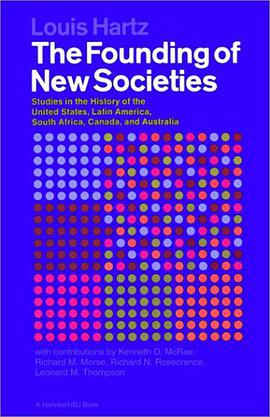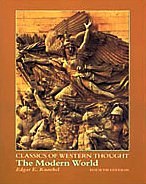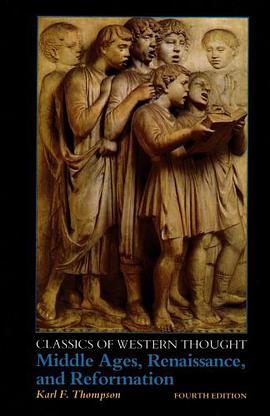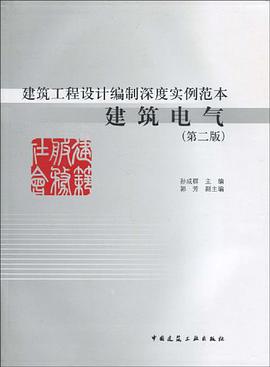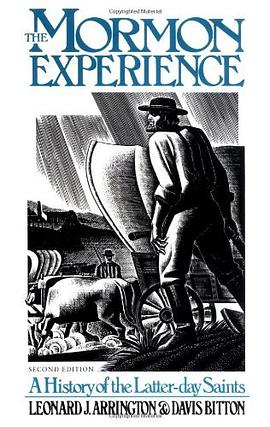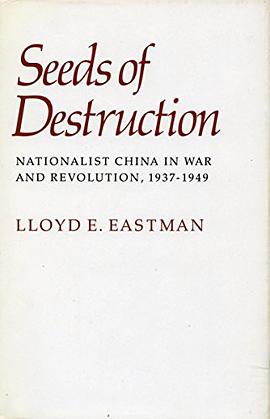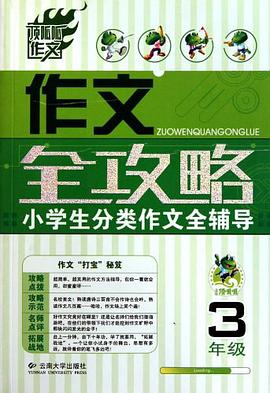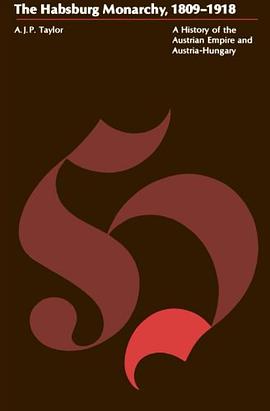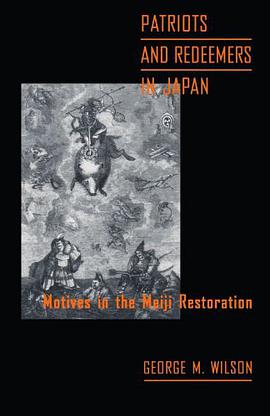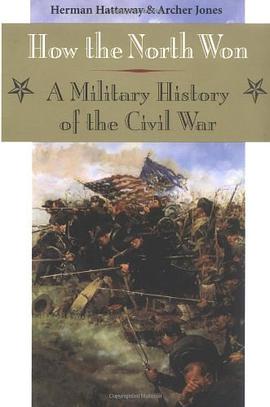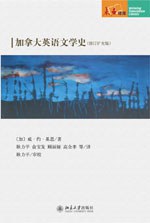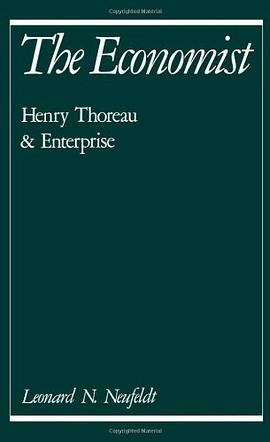

This major study brings to light Thoreau's relation to the complex economic discourse of his time and place. Specifically, it examines the impact of transformations in economic thinking and behavior that occurred in antebellum New England and America; these transformations at the level of language; and Thoreau's awareness of these transformations. Neufeldt situates Thoreau in significant economic conditions of his time, investigating how these conditions contained him even as he sought to contain them. Using Walden and "Life without Principle," as main examples, the book considers the questions of why and how Thoreau, who was very much shaped by his culture and its conventions, also contested the limitations of those conventions and used his condition to transform some of them. Thoreau's identity as a literary artist who regarded his writing as his cultural vocation is at the center of the discussion.
具体描述
读后感
评分
评分
评分
评分
用户评价
相关图书
本站所有内容均为互联网搜索引擎提供的公开搜索信息,本站不存储任何数据与内容,任何内容与数据均与本站无关,如有需要请联系相关搜索引擎包括但不限于百度,google,bing,sogou 等
© 2025 book.wenda123.org All Rights Reserved. 图书目录大全 版权所有

